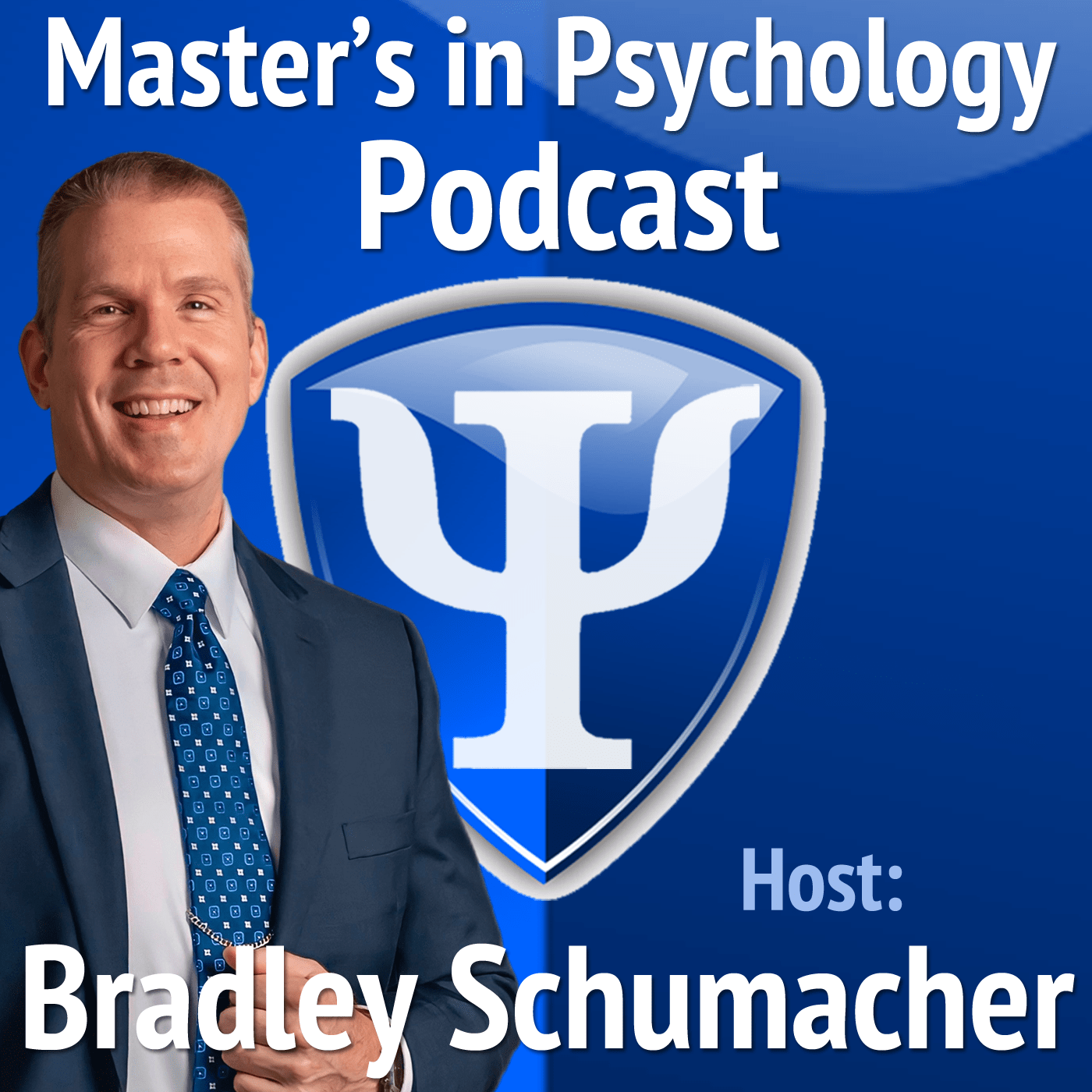- After-Shows
- Alternative
- Animals
- Animation
- Arts
- Astronomy
- Automotive
- Aviation
- Baseball
- Basketball
- Beauty
- Books
- Buddhism
- Business
- Careers
- Chemistry
- Christianity
- Climate
- Comedy
- Commentary
- Courses
- Crafts
- Cricket
- Cryptocurrency
- Culture
- Daily
- Design
- Documentary
- Drama
- Earth
- Education
- Entertainment
- Entrepreneurship
- Family
- Fantasy
- Fashion
- Fiction
- Film
- Fitness
- Food
- Football
- Games
- Garden
- Golf
- Government
- Health
- Hinduism
- History
- Hobbies
- Hockey
- Home
- How-To
- Improv
- Interviews
- Investing
- Islam
- Journals
- Judaism
- Kids
- Language
- Learning
- Leisure
- Life
- Management
- Manga
- Marketing
- Mathematics
- Medicine
- Mental
- Music
- Natural
- Nature
- News
- Non-Profit
- Nutrition
- Parenting
- Performing
- Personal
- Pets
- Philosophy
- Physics
- Places
- Politics
- Relationships
- Religion
- Reviews
- Role-Playing
- Rugby
- Running
- Science
- Self-Improvement
- Sexuality
- Soccer
- Social
- Society
- Spirituality
- Sports
- Stand-Up
- Stories
- Swimming
- TV
- Tabletop
- Technology
- Tennis
- Travel
- True Crime
- Episode-Games
- Visual
- Volleyball
- Weather
- Wilderness
- Wrestling
- Other
62: Rebecca Kase, MSW, LCSW, RYT – Licensed Clinical Social Worker, Speaker, Author, and Entrepreneur Discusses Her Journey and Shares Practical Advice
Rebecca Kase grew up in Missouri and attended the University of Missouri (Mizzou or MU). She declared psychology as her major early in her freshman year of college, right after her first psychology 101 class. She recalls, “I love this. I get it. This makes sense to me. Something just really clicked inside, and I really felt like this is my path.” She also loved taking neuroscience classes and ultimately graduated in about 3 ½ years with a number of graduate level courses in her pocket. Rebecca then took a year to do volunteer work with AmeriCorps helping tutor inner-city elementary school kids in St. Louis, MO and she loved the experience. She used this experience and time to help figure out the next step in her academic journey. She knew she needed to go to graduate school because she thought she couldn’t really do anything with her bachelor’s in psychology, so she considered getting her master’s in counseling, social work, or psychology. In this podcast, Rebecca shares her journey and advice for those faced with a similar decision and discusses how she turned her passion into a successful, and prominent, training and consulting company, Kase & CO, which specializes in comprehensive Eye Movement Desensitization and Reprocessing (EMDR) and trauma training for psychotherapists. Throughout this podcast, Rebecca shares her experience and offers practical advice for those considering a career in psychology, social work, or counseling. She chose to become a Licensed Clinical Social Worker (LCSW); however, her advice can be applied to those in the counseling or psychology fields as well. How do you decide on which path to take or in which university or program to enroll? Rebecca says, “consider your end goal.” She suggests asking yourself “Where do I want to end up and based on what I want for my career, which program seems to fit best?” She also reminds us that “where we think we’re going to end up, isn’t necessarily where we end up.” For example, she admits that she never thought she would own one of the largest EMDR training programs in the country and that she would love running a business but that is exactly what she is doing with Kase & CO Training and Consulting. Rebecca started EMDR training while she was still in graduate school, so she has been practicing EMDR since 2006. She started her LLC in 2009 and as her LLC grew, she became a trainer and consultant. In 2017, Rebecca started diving into Polyvagal theory as it “really resonated” and helped “explain why our nervous system does what it does.” After looking into Polyvagal theory, she realized that she could combine EMDR and Polyvagal theory to help supercharge therapy and the recovery process, so she started incorporating the two into her training and consulting at Kase & CO and has seen its incredible impact on her clients and their clients. Rebecca is also a Registered Yoga Teacher (RYT) and has been practicing yoga since she was 15 years old. She shares “it has been my saving grace and saved my life multiple times emotionally and physically.” She has integrated yoga into her EMDR training as she points out “research shows that yoga therapy is incredibly useful and powerful to bring into your sessions with clients no matter their presentation or diagnosis.” One of the 8 phases of EMDR focuses on preparation and where you learn about regulation skills and where you build somatic awareness. She says that yoga helps clients who have learned to “check out” from their feelings and sensations and who don’t know how to feel their body. Rebecca is the author of Polyvagal-Informed EMDR: A Neuro-Informed Approach to Healing (W.W. Norton & Company, May 23, 2023). She said the book started as her pandemic project. She began pulling her thoughts and experiences together and organized them in such a way that one of her friends said “Rebecca, you have a book here.” She explains that both Polyvagal Theory and EMDR offer powerful pathways to healing.

